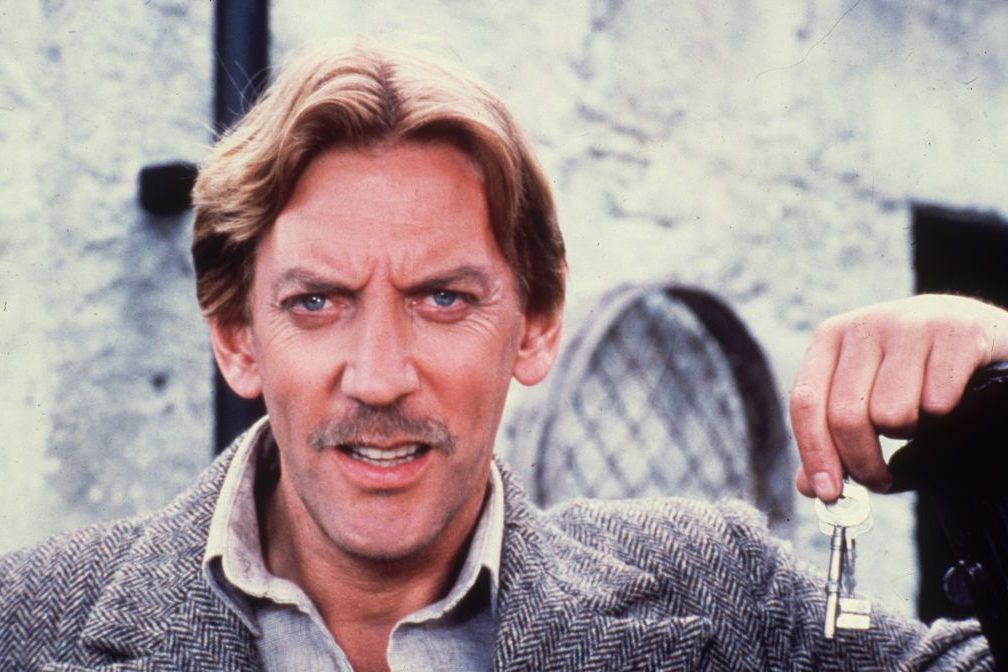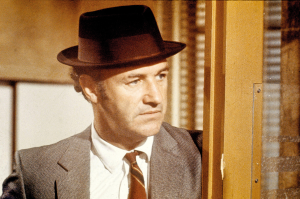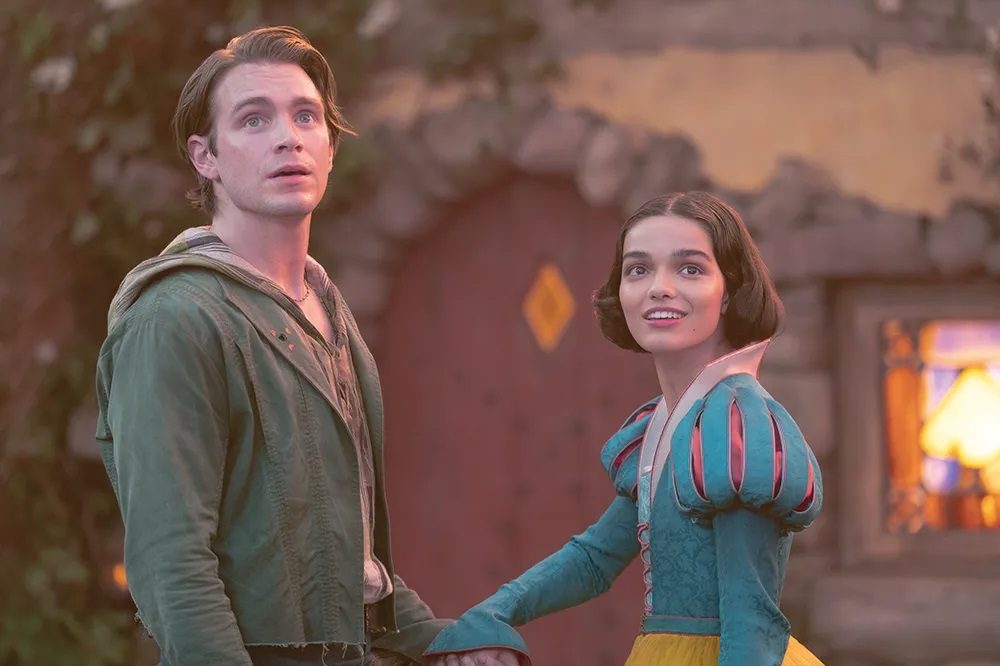When the news of the Canadian actor Donald Sutherland’s death at the age of eighty-eight was announced yesterday, it was greeted with a sigh and a shout by his peers. A sigh, because every great actor’s death, even at a grand old age, is a sad loss, and a shout, because there will now be the niggling feeling that Sutherland never quite got his due treatment when compared to his peers. Yes, he won an honorary Oscar in 2017, and yes, he appeared in his fair share of hugely acclaimed and iconic pictures, from M*A*S*H to Pride and Prejudice. But Sutherland’s tendency to appear in a lot of undistinguished B-movies, especially in the Eighties, has counted against him.
This is deeply unfair. He was an actor who, even in the weakest films he appeared in, brought class and dignity. Like many of his peers, he alternated between starring and character roles without noticeable ego, beginning his career in low-budget British pictures and ending it by giving noticeable gravity to anything he was cast in. The last film I saw him in was James Gray’s flawed but fascinating Ad Astra, in which Sutherland was a detached, almost ghostly presence, clearly preparing to withdraw from the screen forever, but somehow perfectly cast in an extended cameo that saw him participate in a faintly ridiculous moon buggy chase and never lose his sense of dignity.
Of course, his best-known performances will live on as long as people watch films. He was a skilled comic actor, as anyone who saw him in M*A*S*H or Kelly’s Heroes will remember immediately. For some reason, he was semi-typecast early in his career in roles that required him to be a soldier of some kind, appearing in everything from The Dirty Dozen to The Eagle Has Landed. Yet there was another side to him, too, which intelligent directors swiftly picked up on. Although he never had the conventional good looks of the square-jawed leading man, Sutherland was fortunate enough to come to prominence at a time when such perceptions were being challenged. Yes, on the one hand, there was the classically handsome Warren Beatty, breaking hearts and hymens alike with aplomb, but Sutherland was a peer of the likes of Dustin Hoffman, Gene Hackman and Dennis Hopper, none of whom were conventional pin-ups.
It was this strange erotic energy that Sutherland channeled successfully in many of his best performances, including Nicolas Roeg’s brilliant Don’t Look Now, Alan J. Pakula’s crime thriller Klute (in which he fell for Jane Fonda both on and off-screen) and, perhaps most absurdly, in Fellini’s adaptation of Casanova, in which the celebrated Italian director cast the actor because he was, in his inimitable words, “a sperm-filled waxwork with the eyes of a masturbator.” The film was not a great one, but Sutherland’s performance — less a Beatty-esque bed-hopper and more an intellectually isolated sensualist who regards lovemaking as a grim act of conquest — should have attracted far greater acclaim and notice than it did.
As he aged, he was offered a variety of character roles, some more interesting than others. He was unforgettable in a single-scene cameo as the Deep Throat character “X” in Oliver Stone’s JFK, casually offering enough provocative tidbits to feed Reddit and 4Chan conspiracy theories for the next few decades, and his lunatic imprisoned arsonist in Backdraft might have been a poor man’s Hannibal Lecter, but Sutherland made a rote villain a fascinating figure. You missed him whenever he wasn’t on screen, and the same could be said of his dignified, wry Mr. Bennett in Pride and Prejudice or his all-powerful businessman in the HBO series The Undoing. He was usually the best thing in anything on film or television, stealing scenes with the casual larceny of someone who had been in the game a long time.
His relationship with his son Kiefer, with whom he occasionally acted in the same films, was a rocky one, but the two reconciled towards the end of Sutherland Sr.’s life and both appeared together, appropriately cast as father and son, in the underrated western Forsaken. Kiefer offered an affecting tribute to Donald when he said “I personally think one of the most important actors in the history of film. Never daunted by a role, good, bad or ugly. He loved what he did and did what he loved, and one can never ask for more than that. A life well lived.” Few would disagree with such a fair, and affectionate, summary of a great man’s life and career.


























Leave a Reply